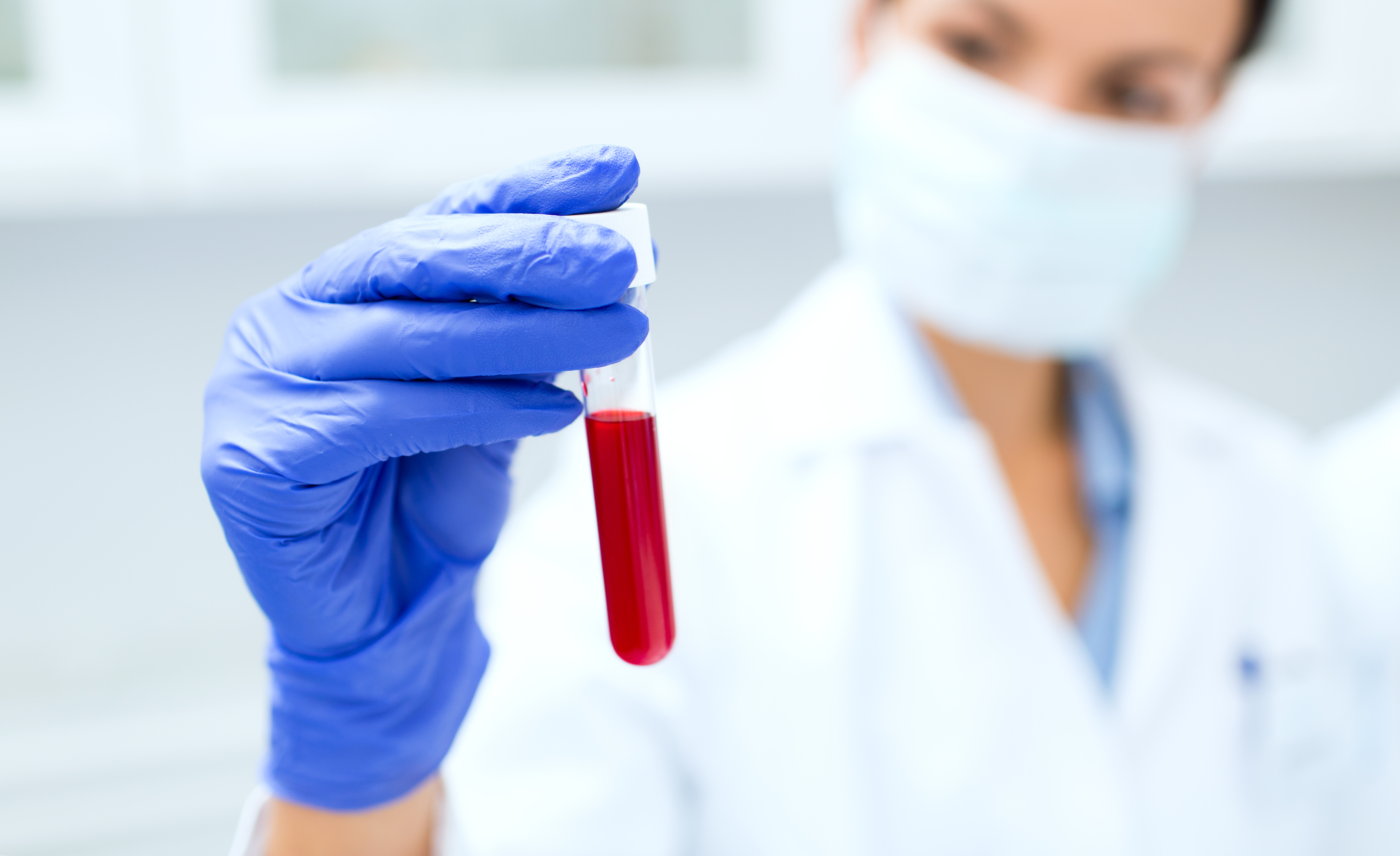
Nutrition + Genetics Tests:
Looking at a patient’s DNA, this variety of test helps identify genetic markers that might make specific foods or nutrients optimal or terrible for your health goals.
Everything in a person’s environment from the food you eat to the air you breathe can affect your genes, so just because you carry a cancer gene does not necessarily mean that gene will get turned on. Combining the equal importance of nature and nurture, nutrigenomics looks at the effects of nutrients on the expression of an individual’s genetic makeup. Specifically, these tests look for a type of DNA sequence variation called single-nucleotide polymorphisms or SNPs.
Boasting benefits like weight loss, disease prevention, and general energy and health improvement, these tests can be conducted with blood and saliva specimens.
Through these tests, researchers say they can help determine what foods switch on the obesity, type-2 diabetes, cancer, and other disease genes for an individual.
While this type of testing is promising, conducting large-scale studies of nutrigenomics has posed a problem because of the difficulty in measuring a subject’s food intake.
“Quantifying food intake is challenging because free-living humans simply do not regard daily life as a science experiment where the amount and type of food is accurately recorded,” Jim Kaput, director of the newly established Division of Personalized Nutrition and Medicine at the FDA National Center for Toxicological Research is quoted as saying in the journal Environmental Health Perspectives.
Cost: Prices differ depending on how deep into your genome you want to test. In general, they start around $200 and go upwards of $1,000.
Where to get tested: Numerous labs offer these types of genetics tests, so check their websites (pathway.com; nutrigenomix.com, etc.) to find practitioners who will assist in this lab work.


